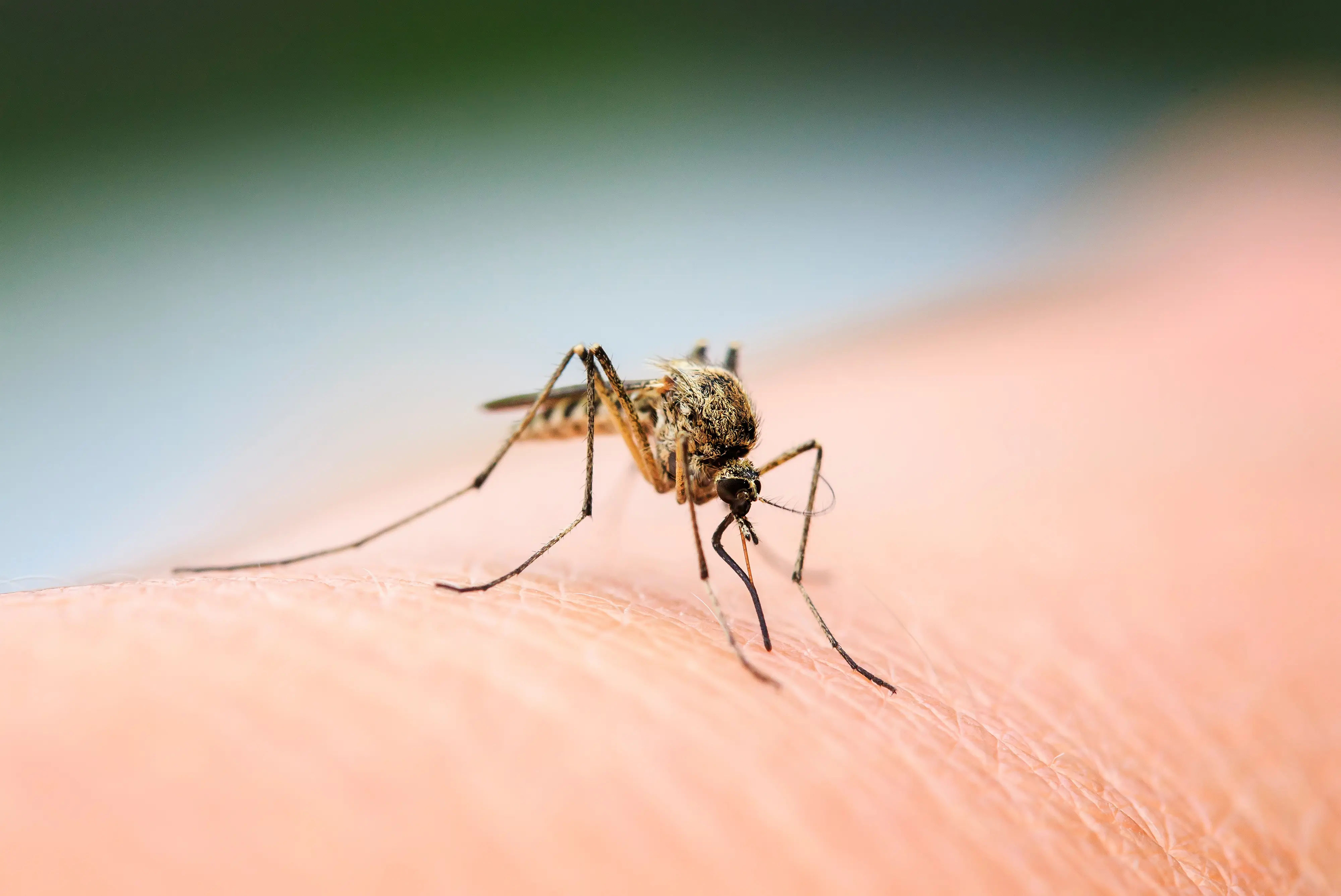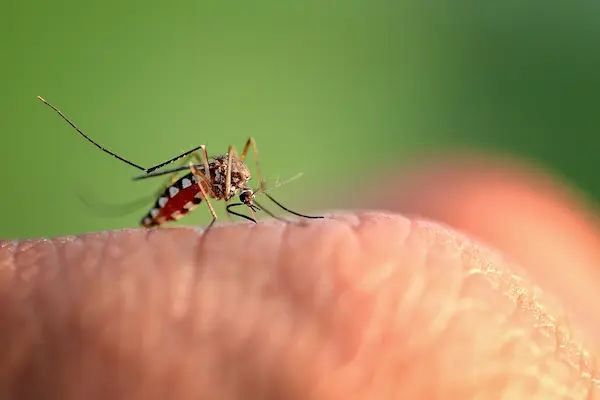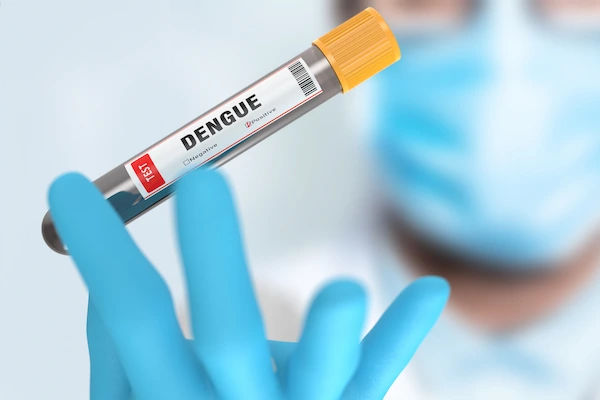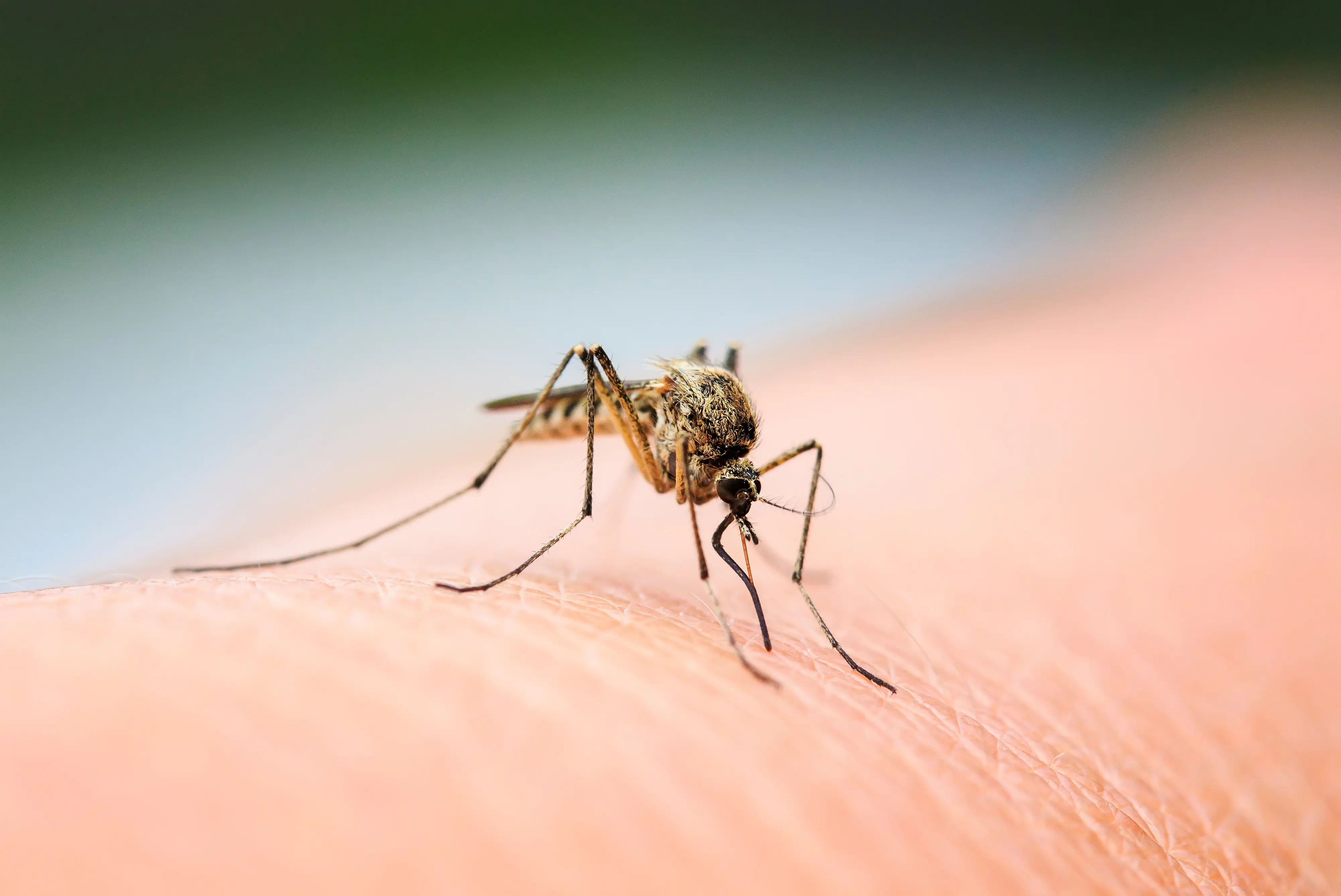Dengue NS1 Test Overview and Timing
Know about Dengue NS1 Test including, its purpose, ideal timing, how the test is done, types of dengue tests, what a positive result means, and essential tips to prevent dengue fever.

Written by Dr. Rohinipriyanka Pondugula
Reviewed by Dr. Md Yusuf Shareef MBBS
Last updated on 25th Aug, 2025

Introduction
Dengue fever is a viral illness caused by the dengue virus, transmitted through the bite of infected Aedes mosquitoes. It can range from mild flu-like symptoms to severe complications like dengue hemorrhagic fever or dengue shock syndrome. Early detection is crucial for effective treatment, and the Dengue NS1 test plays a vital role in diagnosing the infection in its early stages.
If you or a loved one are experiencing symptoms of dengue, understanding the NS1 test, its timing, and importance can help in seeking timely medical care.
What is the Dengue NS1 Test?
The Dengue NS1 (Non-Structural Protein 1) test detects a specific protein produced by the dengue virus in the bloodstream during the early phase of infection. Unlike antibody-based tests (IgM/IgG), which take time to develop, the NS1 test can identify dengue within the first 1-5 days of symptoms, making it highly useful for early diagnosis.
Consult a Top General Physician for the best advice
Why is Early Testing Important?
Early testing is essential because it:
- Helps in prompt treatment to prevent complications.
- Allows doctors to monitor platelet count and hydration levels.
- Reduces the risk of severe dengue (hemorrhagic fever or shock syndrome).
When Should You Get Tested?
The timing of the Dengue NS1 test is critical for accurate results:
- Best time: Day 1 to Day 5 of fever (when symptoms first appear).
- After Day 5, the NS1 protein levels may decline, and antibody tests (IgM/IgG) become more reliable.
If you have a high fever (above 101°F) along with symptoms like:
- Severe headache
- Pain behind the eyes
- Muscle and joint pain
- Nausea or vomiting
- Skin rash
- Mild bleeding (nose or gum bleeding)
You should consider getting tested immediately for dengue.
How is the Test Done?
The Dengue NS1 test is a simple blood test:
1. A small blood sample is taken from your arm.
2. The sample is analyzed in a lab for the presence of the NS1 antigen.
3. Results are usually available within a few hours to a day.
Types of Dengue Tests
The various tests used to diagnose dengue include:
1. NS1 Antigen Test – Best in the first 5 days.
2. IgM/IgG Antibody Test – Useful after 5-7 days of symptoms.
3. RT-PCR Test – Detects viral RNA (used in early and later stages).
Get Your Health Assessed
What If the Test is Positive?
A positive NS1 test confirms dengue infection. Your doctor will recommend:
- Rest and hydration (oral rehydration solutions, coconut water, or ORS).
- Pain relievers (avoid aspirin or ibuprofen, as they can increase bleeding risk).
- Monitoring platelet count (severe cases may require hospitalization).
- Follow-up tests (to check antibody levels or platelet levels if needed).
Preventing Dengue Fever
Since there is no specific cure for dengue, prevention is key:
- Use mosquito repellents (DEET-based creams or sprays).
- Wear long-sleeved clothing to avoid mosquito bites.
- Keep surroundings clean (remove stagnant water where mosquitoes breed).
- Use mosquito nets while sleeping.
When to Seek Emergency Care?
If symptoms worsen, watch for danger signs like:
- Severe abdominal pain
- Persistent vomiting
- Bleeding gums or nosebleeds
- Difficulty breathing
- Cold or clammy skin
These could indicate severe dengue, requiring immediate medical attention.
Final Thoughts
Dengue can be serious, but early detection with the NS1 test helps in managing it effectively. If you or someone you know has dengue-like symptoms, get tested within the first 5 days for the best results. Stay hydrated, rest well, and follow your doctor’s advice for a smooth recovery.
Consult a Top General Physician for the best advice
Consult a Top General Physician for the best advice

Dr. Kavitha Subash
General Physician/ Internal Medicine Specialist
15 Years • MBBS, MD
Chennai
Apollo Speciality Hospitals Vanagaram, Chennai

Dr Vinay Kumar A V
Nephrologist
8 Years • MBBS, MD - General Medicine, DM - Nephrology
Bilaspur
Apollo Hospitals Seepat Road, Bilaspur

Dr. V K Aneja
General Physician/ Internal Medicine Specialist
38 Years • MBBS, MD (Med.)
Delhi
Apollo Hospitals Indraprastha, Delhi
(75+ Patients)
Dr. Indrajit Das
General Physician/ Internal Medicine Specialist
4 Years • "MD (Internal medicine) : Gauhati Medical College and Hospital, Guwahati (2018-2021) MD (Pathology) : Gauhati Medical College and Hospital, Guwahati (2012-2015) MBBS (Bachelor of Medicine, Bachelor of Surgery) : Silchar Medical College, Assam (2003-2008) "
Guwahati
Apollo Excelcare Hospital, Guwahati

Dr. Shakti
General Physician/ Internal Medicine Specialist
25 Years • MBBS, DNB, PGDHIVM, MRCP (UK)
Delhi
Apollo Hospitals Indraprastha, Delhi
(225+ Patients)
Consult a Top General Physician for the best advice

Dr. Kavitha Subash
General Physician/ Internal Medicine Specialist
15 Years • MBBS, MD
Chennai
Apollo Speciality Hospitals Vanagaram, Chennai

Dr Vinay Kumar A V
Nephrologist
8 Years • MBBS, MD - General Medicine, DM - Nephrology
Bilaspur
Apollo Hospitals Seepat Road, Bilaspur

Dr. V K Aneja
General Physician/ Internal Medicine Specialist
38 Years • MBBS, MD (Med.)
Delhi
Apollo Hospitals Indraprastha, Delhi
(75+ Patients)
Dr. Indrajit Das
General Physician/ Internal Medicine Specialist
4 Years • "MD (Internal medicine) : Gauhati Medical College and Hospital, Guwahati (2018-2021) MD (Pathology) : Gauhati Medical College and Hospital, Guwahati (2012-2015) MBBS (Bachelor of Medicine, Bachelor of Surgery) : Silchar Medical College, Assam (2003-2008) "
Guwahati
Apollo Excelcare Hospital, Guwahati

Dr. Shakti
General Physician/ Internal Medicine Specialist
25 Years • MBBS, DNB, PGDHIVM, MRCP (UK)
Delhi
Apollo Hospitals Indraprastha, Delhi
(225+ Patients)





